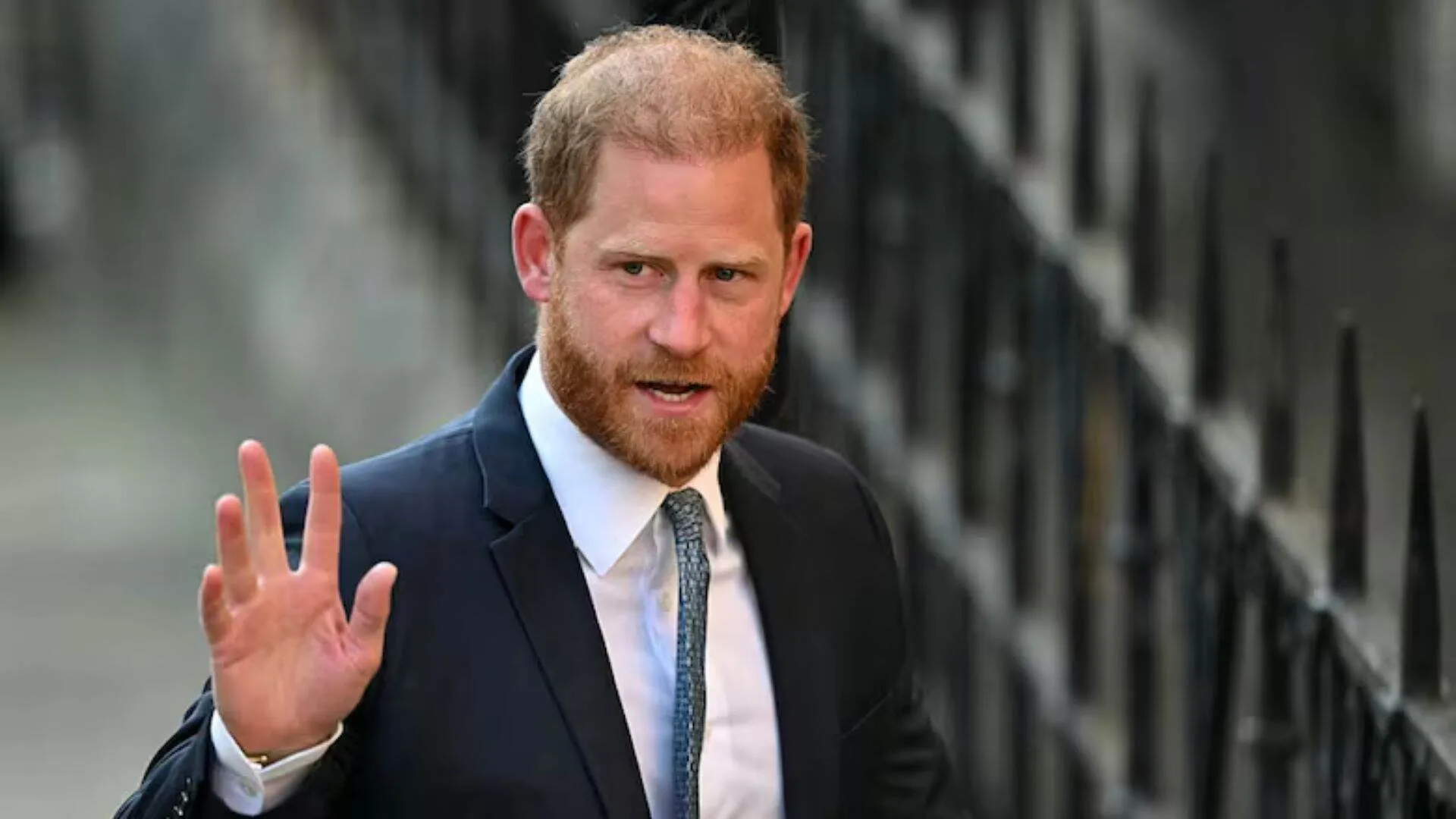While chess is known as the “game of kings,” an argument more suited to a school playground has been consuming the sport over the last month. World champion Magnus Carlsen recently resigned from a game after making just one move, but how did it get to this point?
The scandal started when Carlsen met American youngster Hans Niemann in the third round of the Sinquefield Cup. Chess has been studied for centuries, and all of the best openings are pretty much memorized, so Carlsen prefers to play opponents with obscure openings. Thus, after a standard Nimzo-Indian opening, he played 4. g3, a move that is pretty much unheard of. But Niemann knew exactly what to play, and this left Carlsen in trouble: the move is obscure for a reason, as it is unsound, and Niemann took a shock victory to end Carlsen’s 53-game unbeaten streak with the White pieces in classical chess over the board against an opponent with a lower rating than him.
Niemann revealed that he had prepared for the opening the night before, “by some miracle”. This raised eyebrows, but what really set the circus in motion was Carlsen’s decision to withdraw from the tournament: considered bad sportsmanship without a very good reason. “If I speak, I get in trouble,” was the image attached to the statement, leading to suspicions that something was amiss. While Carlsen has a reputation as a “sore loser”, he has never gone this far. Niemann angrily responded that the only time he had ever cheated in chess was in unrated online games when he was a child, but the chess website Chess.com said that there was evidence of more cheating than he had admitted to and banned him from the website. Either way, cheating over the board is much harder than in real life, and the organisers said there was no evidence of cheating, but they enhanced checks anyway. Raising suspicions further was the fact that Niemann won two of his first three games, but didn’t win another in the whole tournament after the incident.
The scandal has grown bigger than chess, with the mainstream media excitedly thinking up wacky contraptions and far-fetched theories of ways Niemann could have cheated with a radio device. A more plausible theory is that Carlsen’s preparation could have been leaked, but there is no evidence and Carlsen has made only an indirect accusation. While Niemann may be suspicious, some have criticised the World Champion for sullying the American’s reputation without direct proof, while others have sympathised with him. The two next met in an eagerly-anticipated clash, this time online, at the Julius Baer Generation Cup. But the Norwegian made one move and then resigned and turned off his camera, refusing to give any press conferences. Carlsen seems unperturbed, coming out on top of the preliminary round standings, while Niemann has also advanced to the next stage, meaning the two could meet again in the very near future.
The author is a student studying at the London School of Economics.

















